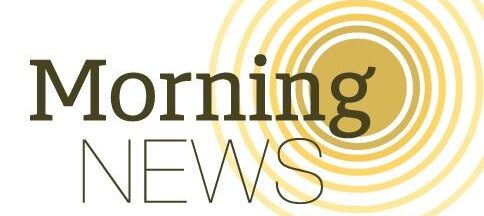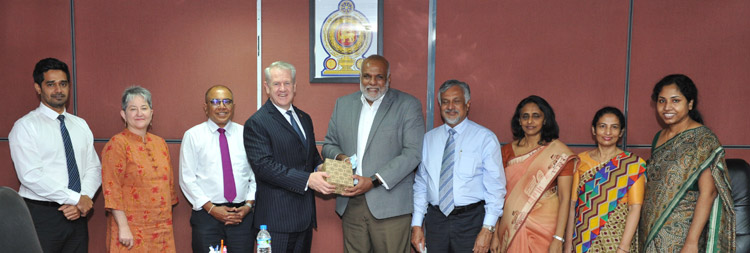To promote Sri Lanka’s education sector amid international students, a talk was held between the senior representatives of the Sri Lanka Export Development Board (EDB) and the Australian Commission in Sri Lanka on the 2nd of March to share strategies and ideas.
At the meeting, EDB Chairman Suresh D. De Mel showed that the government had taken many initiatives to advance the Sri Lankan education system globally with the perspective of attracting foreign students to study in Sri Lanka and that plans were in motion to place Sri Lanka as an education hub.
EDB Director-Export Services, Ms. Indumini Kodikara stated that several webinars were held to create awareness about the chances available in Sri Lanka for foreign students who want to follow studies in higher education services not just in Accounting, Management, ICT, and Marketing but also in healthcare training programs like Nursing, Wellness, Biomedical Science, Physiotherapy, and Buddist Education services, together with the Sri Lankan missions in Australia, the Maldives, Myanmar, Nepal, Bangladesh, Pakistan, South Korea, the UAE, Vietnam, and China.
Conveying his views, EDB Education Advisory Committee Chairman-Captain Ajith Pieris noticed that the government wants to bring foreign universities into the country to produce opportunities for higher studies not just for Sri Lankan students but for students from other nations like Pakistan, the Maldives, and Bangladesh. He said that talks had commenced with the Department of Immigration and Emigration to simplify visa processes to ease the arrival of foreign students to Sri Lanka.
Participating in the talks, the High Commissioner of Australia to Sri Lanka, His Excellency David Holly divulged beneficial insights on growing education as an export-driven field. The High Commissioner said, “Because of the COVID-19 experience, Australia has acknowledged the significance of having transnational education centers due to the interruptions to higher-education pursuits. Through partnerships and independent deals, Australian education institutes have put almost US $200 million into Sri Lanka.
He emphasized the significance of having the correct regulatory environment and visa policy to grow higher education as a foreign exchange-earning sector, illustrating the Australian experience. The High Commissioner also highlighted the importance of averting exploitation of students by unethical parties through a constant audit and grading system much like the CRICOS code of Australia.
Ms. Amanda Jewell, Deputy High Commissioner of Australia to Sri Lanka, Kanishka Padidilian, Education Director of the Australian Trade and Investment Commission, Dr. Kithsiri Edirisinghe, Co-Founder, International Institute of Health Sciences (IIHS), and officials of the EDB Export Services division also participated in the talks.




